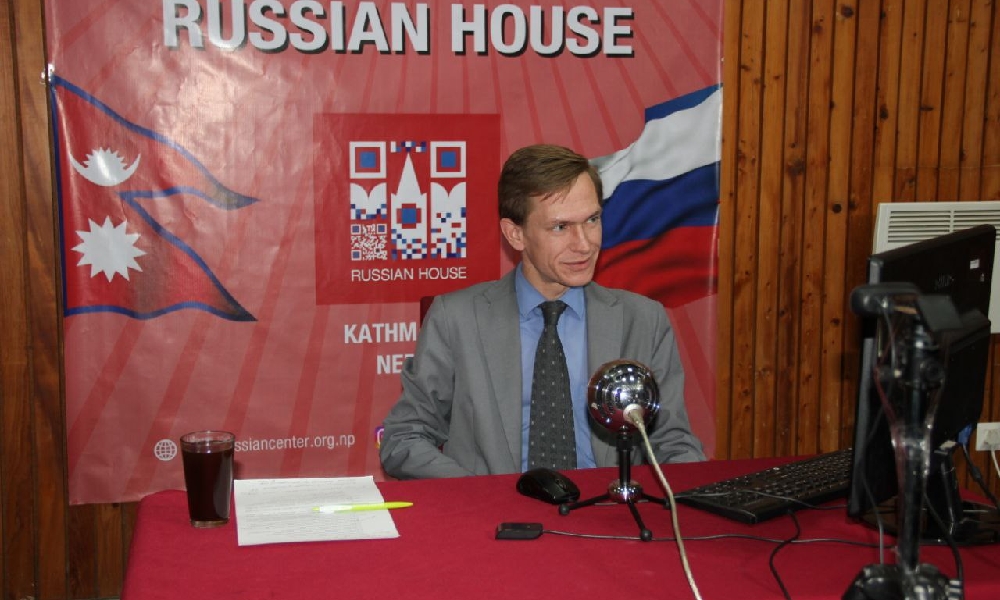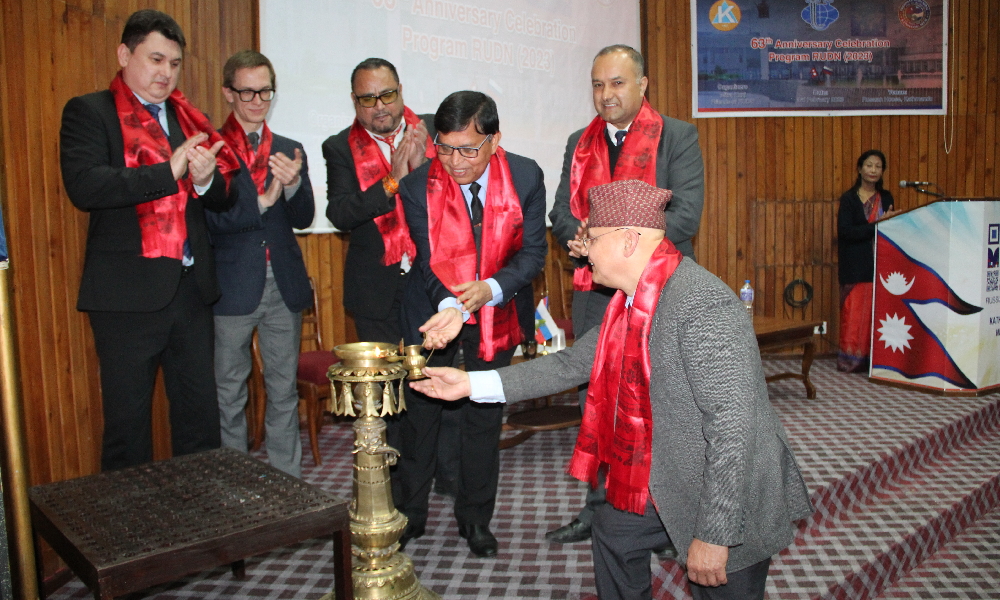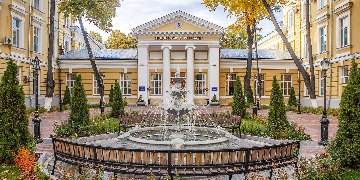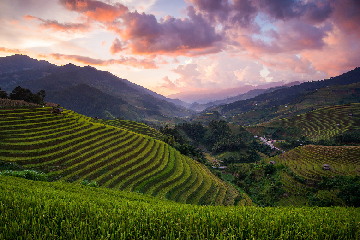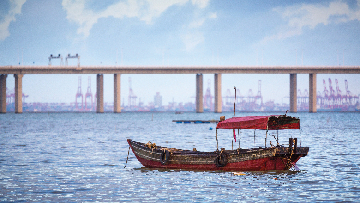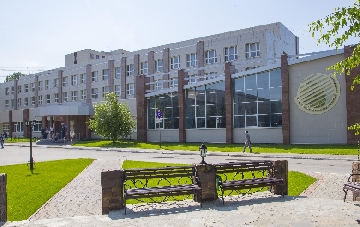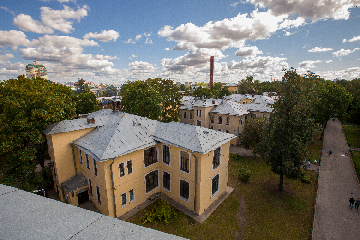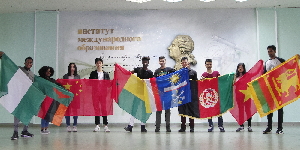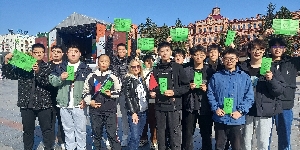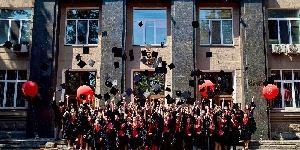Today, Russia-Nepal relations are developing in a variety of areas. The priority areas include power engineering, economics, and culture. However, bilateral cooperation has great potential. The Russian House in Kathmandu is not only a kind of cultural guide between Russia and Nepal, but also supports humanitarian projects and initiatives, carries out awareness-raising work and acts as an operator in the process of selection of applicants to study at Russian universities within the quota. Anton Maslov, Director of the Rossotrudnichestvo Representative Office in Nepal, talks about the activities of the Russian House in Kathmandu.
Russia for the Nepalese is Primarily Progress. Russian House in Nepal
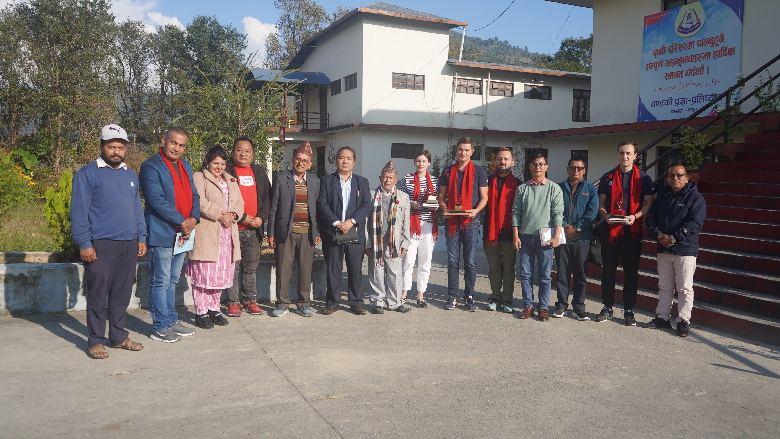
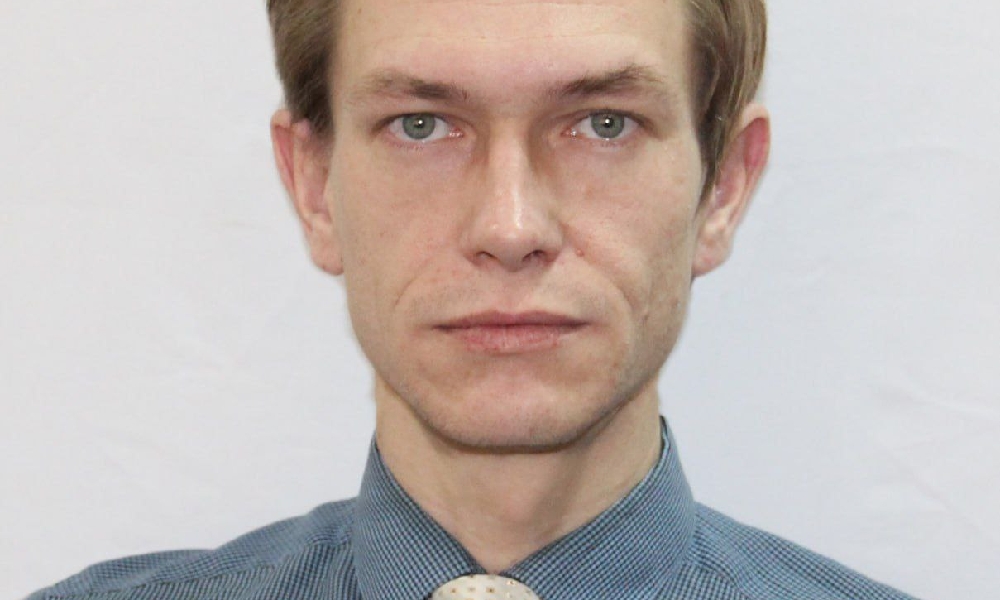
The Russian House in Kathmandu regularly organizes a great number of activities aimed at expanding Russia-Nepal cooperation through cultural and awareness-raising, academic, and humanitarian projects. For example, the most important event in scientific cooperation in 2023 was the final stage of the project of the Russian Geographical Society “The Russian Heritage of the Himalayas. Continuation of the Way.” The interaction program for geoscience research exchange is implemented with support from the Embassy and the Rossotrudnichestvo Representative Office. The members of the local academic community met with the project participants at Nepal Academy of Science and Technology in Kathmandu and Gandaki Province Academy of Science and Technology in Pokhara.
As part of the International Volunteer Program “Mission Dobro,” the health professionals from the Salekhard District Clinical Hospital gave some master classes at the Kathmandu clinics during the week and met with the local heads of healthcare institutions.
Russian Language Popularization and Promotion
We place emphasis on strengthening the positions of the Russian language in Nepal. We demonstrate the culture of Russia and its economic and scientific achievements to the public, inspiring the interest in the language in such a way. At the same time, major focus is put on significant historic events, biographies of prominent cultural figures and people of art, and important national dates. Demonstration lessons, interactive lectures, presentations, literary evenings, book and photo exhibitions, screenings of movies in Russian – a regular flow of events helps keep up interest, attracting more and more new participants at all times.
Traditionally, we widely celebrate Russian Language Day and Alexander Pushkin’s Birthday. Jointly with the Nepal Russia Literary Society, we organize lectures by professors of local universities about Alexander Pushkin’s life and work and recitals of his poems in Russian and Nepalese. For 2024, we work out a question of attracting sponsors to support the publication of Alexander Pushkin's works translated into Nepalese by the 225th anniversary of the poet’s birth.
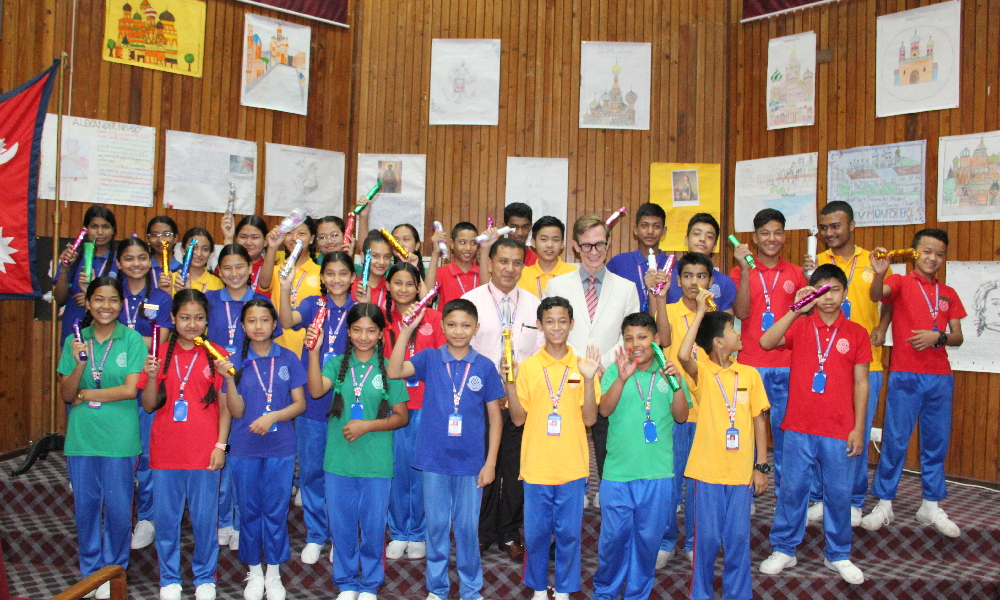
Education in Russia for Nepalese Citizens
Higher education abroad has been a natural stage of development for several generations of Nepalese people. Most young people stay outside Nepal, getting an education or continuing to work in the country where they obtained a degree. Russian higher education is valued, and the flow of applicants remains stable even in the current global environment.
Russia for the Nepalese is primarily progress. Many of them, even young people, still attribute the industrial leap of Nepal in the 1970-80s to the help of the USSR. Then Nepal implemented the projects to construct highways, factories and power engineering facilities in the kingdom. It is not surprising that the most popular fields of study include engineering and medicine. Nowadays, there is a growing demand for information technology fields. In a year or two, these areas will consistently occupy the third part of all preferences. Students also apply for related fields of study such as mathematics, physics, chemistry and pharmaceutics almost every year. Tourism and hotel management fields have great potential because Nepal traditionally attracts tourists from all over the world. Nepalese graduates of Russian universities are in demand in the civil service, in civil engineering, medicine and pharmacy.
In 2023, 42 Nepalese students went to study in Russia within the Russian Government quota. And this is not the limit: a total of 200 applications were submitted as part of the quota campaign for the academic year 2024/25. In this connection, the Russian House solicits for an increase in the number of quota places.
It is important to note that in 2023 the Nepalese delegation of parliament members and politicians paid an official visit to Russia, where they met with the leaders of the Federation Council and the State Duma and some representatives of Russian municipal authorities. One of the results of this visit was the Nepal Government’s decision to ask the Russian Federation for a planned increase in the number of quota places to 150-200 per year. Our efforts to promote education in Nepal directly depend on this figure: judging from the required number of students, we calculate the coverage and the focus area of the awareness campaign here.
We should also mention the activities of Russian universities. For example, the delegation of Kabardino-Balkarian State University named after H.M. Berbekov visited Nepal last year. The cooperation agreement, that was previously signed with Tribhuvan University in Kathmandu, was verified during the visit. The return visit of the Nepalese university's rector is scheduled for the end of 2024.
Russian Education Promotion Aspects
The Russian House uses all accessible communication channels in its awareness-building efforts. The special thing about the Nepalese reality is that we do not hold large-scale exhibition fairs of foreign education. In such a way, the local government strives to fight the drain of young people from the country. That is why career guidance meetings with applicants at different stages of the quota campaign as well as the general meeting following the campaign are held in the territory of the Russian House.
At such meetings, people often ask us about food, about what food products they can find at Russian stores and what the average cost of the consumer basket is. Over the last years, we also have to answer the questions about the Special Military Operation that western mass media portray as a full-scale conflict with a great amount of destruction in Russia. As a matter of fact, it is pleasant and noble to contend against falsehood and quiet down relatives with specific facts rather than empty rhetoric.
For example, we prepared a special information exhibition about the reconstruction of the new regions of Russia by the anniversary of the operation in 2023. In 2024, we actively demonstrate quiet and peaceful life in Russian cities on our social media and cover major international events, such as the St. Petersburg International Economic Forum, the Far Eastern Economic Forum, etc., to let the Nepalese see that people's life, business partnership development and all the infrastructure in Nepal not only remain unchanged, but also vigorously develop in all areas.
